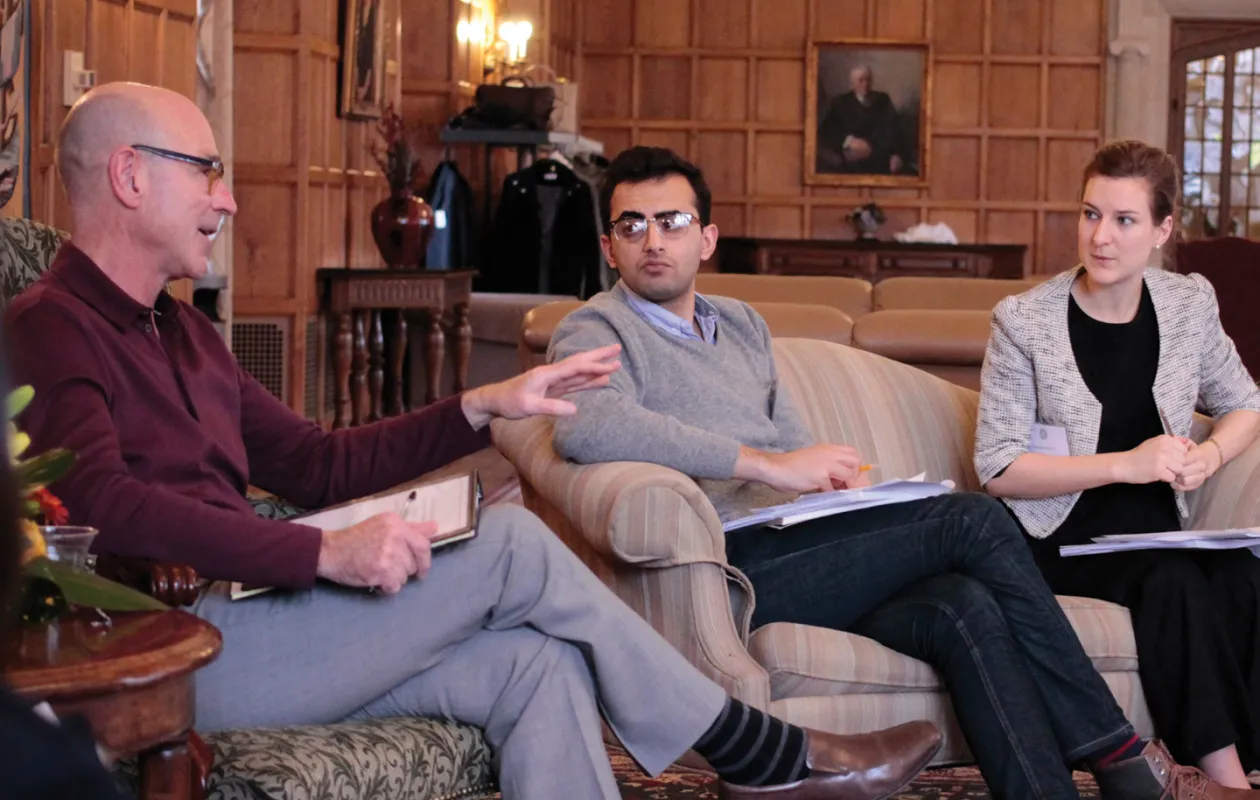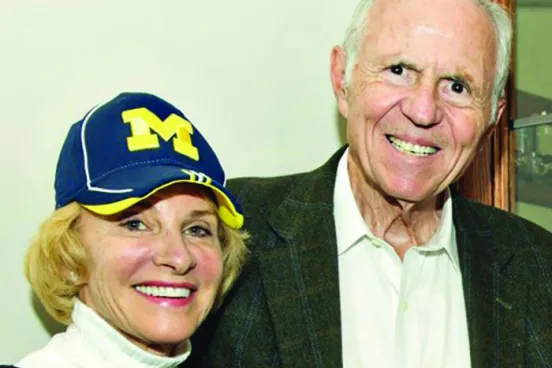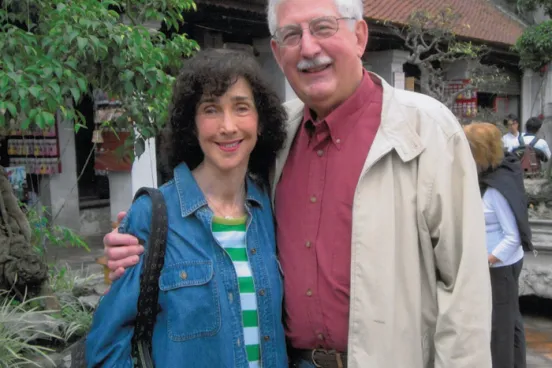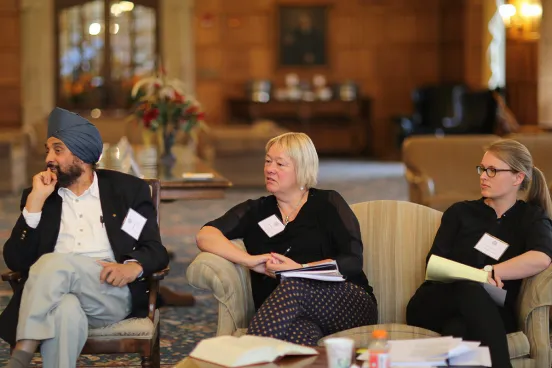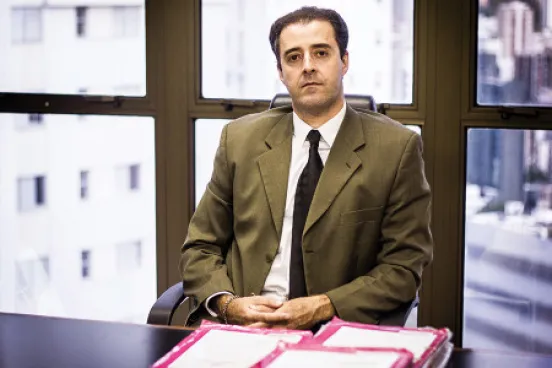The 1951 Refugee Convention defines a refugee as someone who has a well-founded fear of being persecuted based on one of five factors, including his or her political opinion.
But what constitutes a political opinion?
A high-profile group of judges and academics gathered at Michigan Law recently to develop guidelines for this unsettled area of refugee law.
“It sounds pretty straightforward, but it really gets messy when you think about the kinds of cases that get argued,” said James C. Hathaway, the James E. and Sarah A. Degan Professor of Law at Michigan and director of the Program in Refugee and Asylum Law, which hosted the Colloquium on Challenges in International Refugee Law.
For example, if a woman says to an abusive husband, “I won’t let you hit me anymore,” is she implicitly expressing a political opinion that women are deserving of equal respect? Does standing up to endemic gang violence amount to the expression of a political opinion? Should whistleblowers be given refugee status?
“Those are complicated questions, and the answer will vary depending upon the cultural filter through which the person’s situation is viewed,” said Hathaway.
Colloquium participants and Michigan Law students have drafted and revised the political opinion installment of what are known as the Michigan Guidelines on the International Protection of Refugees. The six previous Colloquia each produced a unanimously agreed-upon set of recommendations related to asylum and refugee law. The Guidelines, which are published in English, French, Russian, and Arabic, are cited frequently by courts around the world and help shape the way judges, lawyers, and other decisionmakers look at a refugee issue.
“It’s an excellent process, particularly due to the inclusion of judges as well as academics. As a result, the Michigan Guidelines have become quite influential,” said Judge Hugo Storey, an Upper Tribunal judge, Immigration and Asylum Chamber, in the United Kingdom, and president of the European Chapter of the International Association of Refugee Law Judges.
Storey, a participant in this year’s Colloquium, said that through the years U.K. courts and tribunals have discussed and debated the Michigan Guidelines numerous times.
“We are hoping to create a new, common starting point that will provide some clarity and a platform from which decisionmakers and judiciaries can work,” said Colloquium participant Thomas Gammeltoft-Hansen, research director of the Danish Institute for Human Rights and a member of the Danish Refugee Appeals Board.
“I’ve always appreciated that the Michigan Guidelines are not just some ivory-tower product. It’s a unique and fruitful opportunity to be a part of something that lives far beyond the walls of an academic institution.”—KV


